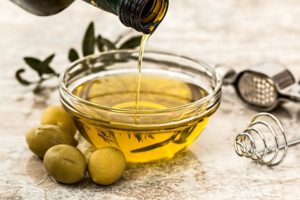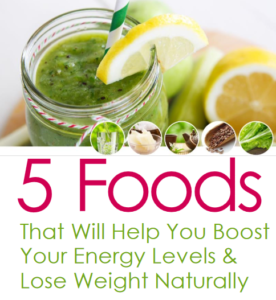Lemon Water & Lemon Oil
The History Lemons
Lemons originated in the North West region of India over 2,500 years ago. Drinking lemon water is a morning ritual rooted in the ancient science of Ayurveda which used lemon water to help loosen “ama”, or toxins, and to stimulate digestion.
The Ancient Greeks used lemons to preserve food and purify water.
Lemons were then later introduced into Spain, then North Africa, then later to wider Europe, and then, in 1493, brought by Christopher Columbus in seed form to the Americas.
Probably most famously, in 1747 Scottish physician James Lind used lemons and lemon water to treat scurvy amongst sailors suffering from Vitamin C deficiency (even though Vitamin C was not the known cause at the time).
One of the best things you can do is drink lemon juice and water, and it’s far easier than making that celery juice.
It might just be the simplest, cheapest, and fastest morning ritual you can do for your long-term health (and waistline). Both Lemon or Lime Water both offer powerful benefits of drinking first thing in the morning.
Lemon Water
Is a gentle yet effective way to support and detox your liver, kidneys, and colon, and help to alkalise your body. It assists in breaking up mucus and provides energy via enzymes, vitamin C, potassium, and trace minerals. Use fresh, ripe lemons, not prepared lemon juice. Make lemon water simply by squeezing the juice of ½ a lemon into a glass of water.
Flush Out Toxins & Stimulate Your Liver
While you’re sleeping your liver is collecting toxins for release the next day. Drinking lemon water in the morning helps to support the liver function and to flush out toxins whilst also giving the liver the hydration it needs to operate more efficiently. Two birds, one stone.
Animal studies show citric acid (Vitamin C) helps to protect liver function and prevent oxidative damage helping to support your liver’s role in detoxification.
Lemons (and limes) contain micro mineral salts which help protect your liver’s immune system.
Drinking lemon juice and water helps to loosen and disperse the fat cells within the liver because of the special combination of vitamin C and calcium present in lemons and limes, which bind together and enter into the liver.
For Glowing Skin & Anti-Aging
Lemons contain the antioxidant Vitamin C, that helps reduce free radical damage for fresh looking skin and slowing down the aging process. Vitamin C, helps the body to produce collagen, essential to smoothing out fine lines on the face.
In the, The American Journal of Clinical Nutrition research suggests that regularly consuming vitamin C leads to younger looking skin with fewer wrinkles.
Helps To Hydrate, Alkalise & Balance Your PH
Adding freshly squeezed lemon juice to water, helps water to travel more deeply into your tissues and cells and carry the essential nutrients and compounds you need in order to thrive.
According to the acid / alkaline theory of health, our modern diet contains too many acid-forming foods (sugar, dairy, meat, refined carbohydrates, chemical additives etc..) and not enough alkaline forming foods (greens, vegetables, low sugar fruits, etc..) which can result in a net ‘acid’ environment in the blood.
When examined under a microscope, the cells of an acidic blood sample are said to be thick, sticky, and do not operate with efficiency. They don’t carry oxygen as well, they lose some of their electric charge, and appear to become less efficient at eliminating waste and taking on nutrients. This may lead to depleted immunity and increased illness or disease.
Research is starting to show how an alkaline diet may be beneficial for relieving chronic pain, boosting bone health, and protecting against disease and how an alkaline diet could enhance cancer treatment effectiveness.
The solution? Eat more alkaline foods (and relax more). Turns out that lemon water, although considered acidic, actually has an alkalising effect on the body, helping to balance your body’s pH and optimise overall health.
Drinking lemon juice in water can break down the enamel on your teeth over time. This is easy to overcome, however, by simply drinking a small amount of fresh water after your lemon water or by using a straw.
Why use Lemon essential oil?
Lemon essential oil contains “d-limonene”, key to lemon essential oil’s healing power, extracted from the lemon rind and the richest sources of d-limonene, this is found in all of the citrus essential oils.


This super versatile oil also boost immunity and supports digestive function. This one oil is considered a Swiss-Army-knife oil and can boost your health in many different ways:-
Here Are the Top Benefits for Lemon Essential Oil:
- Supports digestive function, reverses liver and pancreas damage
- Boosts immunity and cleanses the body
- Improves mood, decrease anxiety, promote restful sleep
- Contains powerful antioxidant properties for weight loss
- Offers non-toxic green cleaning abilities
- Acts as a food preservative
To give you something you can use TODAY, here’s are of some the most practical recipes for lemon oil...
CAUTIONARY NOTE: Do Not Ingest Just Any Essential Oils UNLESS they are PURE and approved for internal use.
Apple Cider Vinegar Tea DIY Recipe - Supports Weight Loss
Promotes healthy digestion, boosts immunity, helps detoxify your body, enhances energy
Ingredients:
- 10oz Hot Water
- 1/2 Tbl honey (preferably local)
- 1/2 Tbl Organic Apple Cider vinegar
- 1 drop doTerra Slim & sassy essential oil
- 1 drop doTerra Lemon essential oil
- Fresh grated ginger
Mix all together and enjoy hot or cold. It also tastes great without the ginger if preferred.
Helps To Boost Your Mood in your diffuser
Move over coffee… or have it after your lemon water! the scent alone of a lemon (we’ve all seen the rind emit a soothing lemon-scented mist when squeezed) has been shown to improve mood and reduce stress.
Lemon essential oil has the same effects! A single drop smells like an entire sliced Lemon, and if you put from 6 to 10 drops in your diffuser, it can fill the air in your kitchen with that bright, inspiring aroma.
The negative emotions that lemon support the mental & emotional fields of adults and kids alike.
Diffuse or breathe in, apply to wrists or temples, take 1-2 drops under the tongue, in a capsule or in water.
For Seasonal Discomfort
By combining Lemon, Lavender, and Peppermint essential oils, you can ease the suffering from seasonla disordes and discomfort.
doTerra LEMON essential oil naturally clears the nasal passages and rids your body of unwanted toxins.
doTerra LAVENDER essential oil works as a powerful, natural antihistamine to relieve itch and swelling from environmental irritants while calming and soothing your mind and body. Win-win!
doTerra PEPPERMINT essential oil opens up airways, allowing you to breathe more freely and clearly while giving you a boost of natural energy without relying on caffeine. (Spearmint essential oil can be easily subbed in for kiddos under age 11 who may not do well with the high menthol content in Peppermint
Here’s a quick recipe that’s age specific (for safety!) to get you started:
THE Seasonal Discomfort Essential Blend Recipe
10 mL rollerball bottle
1-5 Years Old
(2% Dilution)
- 2 drops Lavender
- 1 drop Lemon
- 1 drop Spearmint
- Fractionated coconut oil (FCO)
6-11 Years Old (5% Dilution)
- 5 drops Lavender
- 3 drops Lemon
- 2 drops Spearmint
- FCO
12-17 Years Old (10% Dilution)
- 7 drops Lavender
- 7 drops Lemon
- 6 drops Peppermint
- FCO
For adults, a 50:50 ratio of oils or stronger to carrier can be used.
Directions: Add essential oils to rollerball bottle and top off blend with a carrier oil of choice (fractionated coconut oil is recommended). Roll the blend behind the ears and on the back of your neck; also try on the bottoms of the feet and up and down the back.
WHY WASH YOUR FRUIT & VEG
We’ve all had to become far more conscious around removing pesticides, 'germs' and bacteria, including from the fruit and veg we’re consuming.
Another very good reason to wash your fresh food thoroughly is to remove any pesticide residue. Simply rinsing your produce with water, will remove dirt - but it’s not going to remove oil-based pesticides.
Pesticides, if consumed play a huge role in hormone disruption, cause gut issues and weight gain (think obesogens).
If you can eat organic is optimal, if it's not available I recommend soaking your fresh food.
Citrus oil's like lemon remove pesticides due to the monoterpenes, specifically d-limonene, which has the ability to dissolve petroleum oils among other things. Lemon and orange oils have particularly high concentrations of d-limonene.
Often these soft fruits go off quite quickly due to the growth of mild spores. True story!!
FRESHEN & CLEAN YOUR KITCHEN
Lemon is one of the most commonly used fragrances in store-bought cleaning products because it smells clean. Real lemon oil neutralises odours and removes the cause.
Did you know that lemon essential oil is also anti-sticky? Use Lemon oil to get tape or sticker residue off of anything,
Lemon will also cuts grease, freshens laundry, disinfects and polishes silver.
Lemon essential oil to clean your kitchen surfaces, sponges & your cutting boards.
Cutting boards can hold onto a lot of unwelcome germs. Wash your cutting board in hot, soapy water.
Put 2 drops of Lemon essential oil directly onto the surface and use a paper towel to rub it all over. You can also your Lemon Sponge Spray on your cutting board.
You can just put two or three drops of Lemon essential oil on your kitchen sponge and let it sit. That’s it! This is great to do overnight. Or make a sponge spray.
Lemon Sponge Spray
- 30 ml water
- 18 drops Lemon essential oil
Shake before using, to disperse the Lemon essential oil in the water. Every time you’re finished using your kitchen sponge, give it a few sprays.
(Lemon essential oil may lighten the colour of some wooden or bamboo cutting boards)
ARE YOU READY TO RECLAIM YOUR HEALTH WITH ESSENTIAL OILS?
Imagine if you were able to take care of your entire family in your own home, with natural solutions that worked effectively.
With essential oils, YOU can! If you'd like to explore ways to make natural lifestyle choices using essential oils for your whole family's well-being and improved mental, physical and emotional health, then you're in the right place.
A free guide will show you how to incorporate essential oils into your life and around your home for cleaning, cooking and self-care.
SIGN UP HERE
To order doTerra oils you can email me at [email protected]
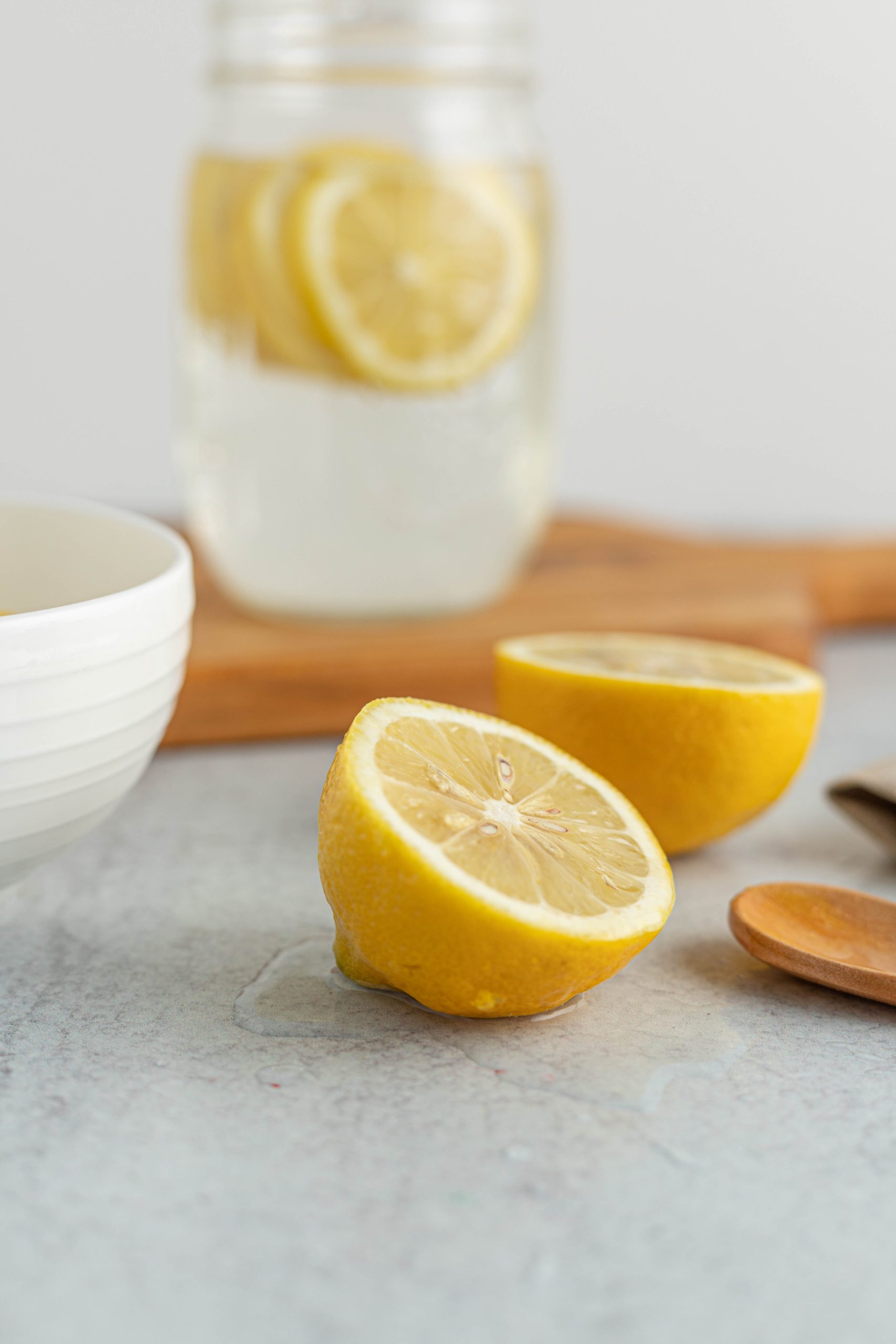
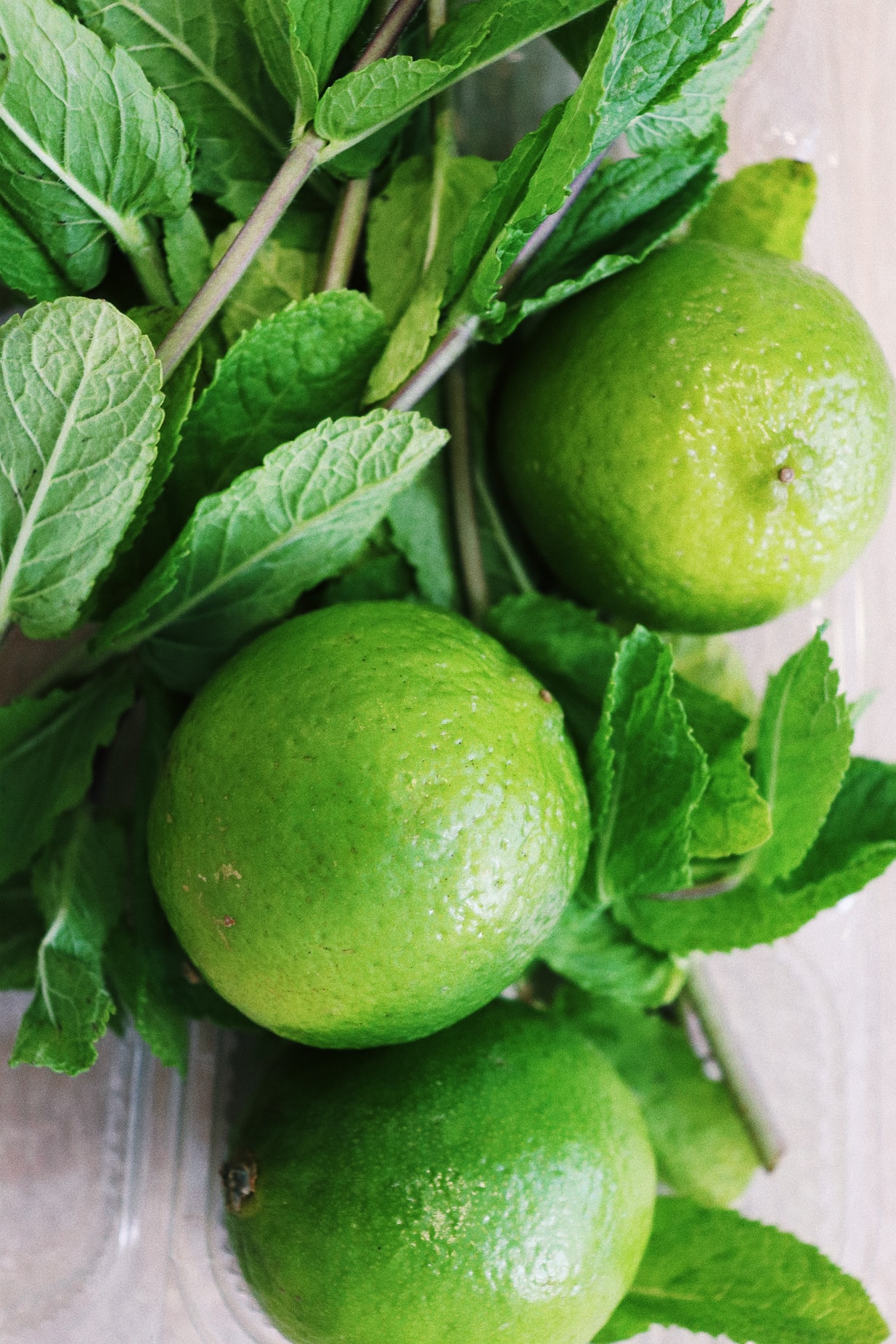
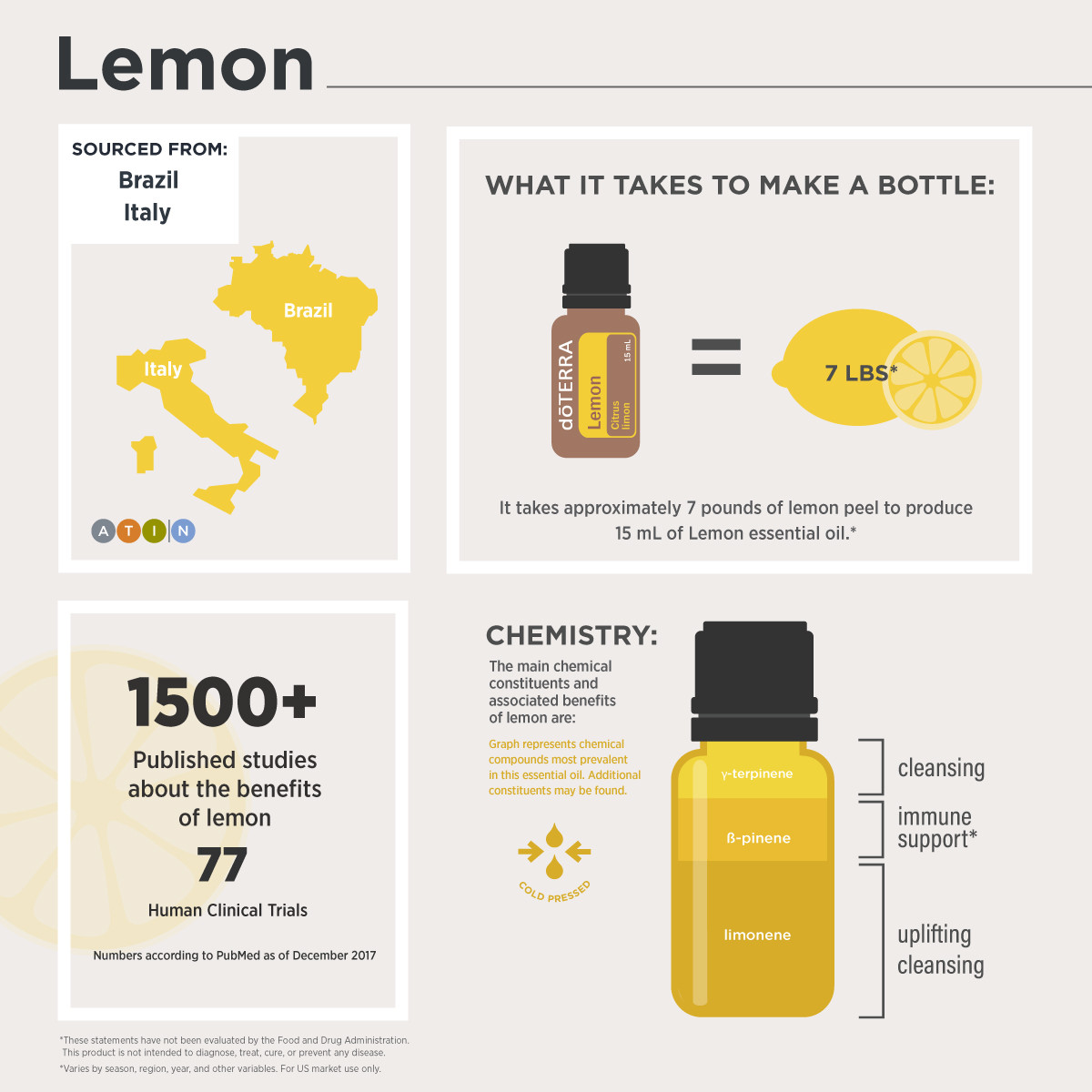
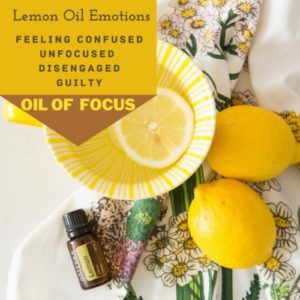
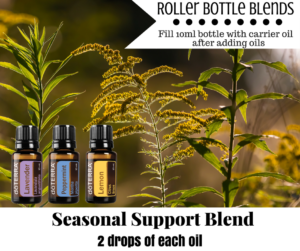
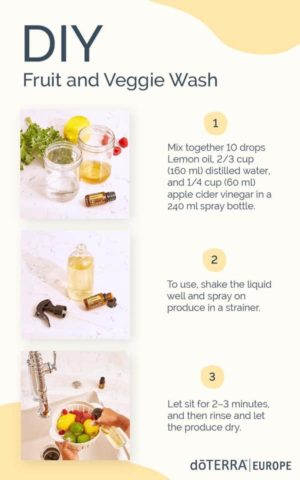
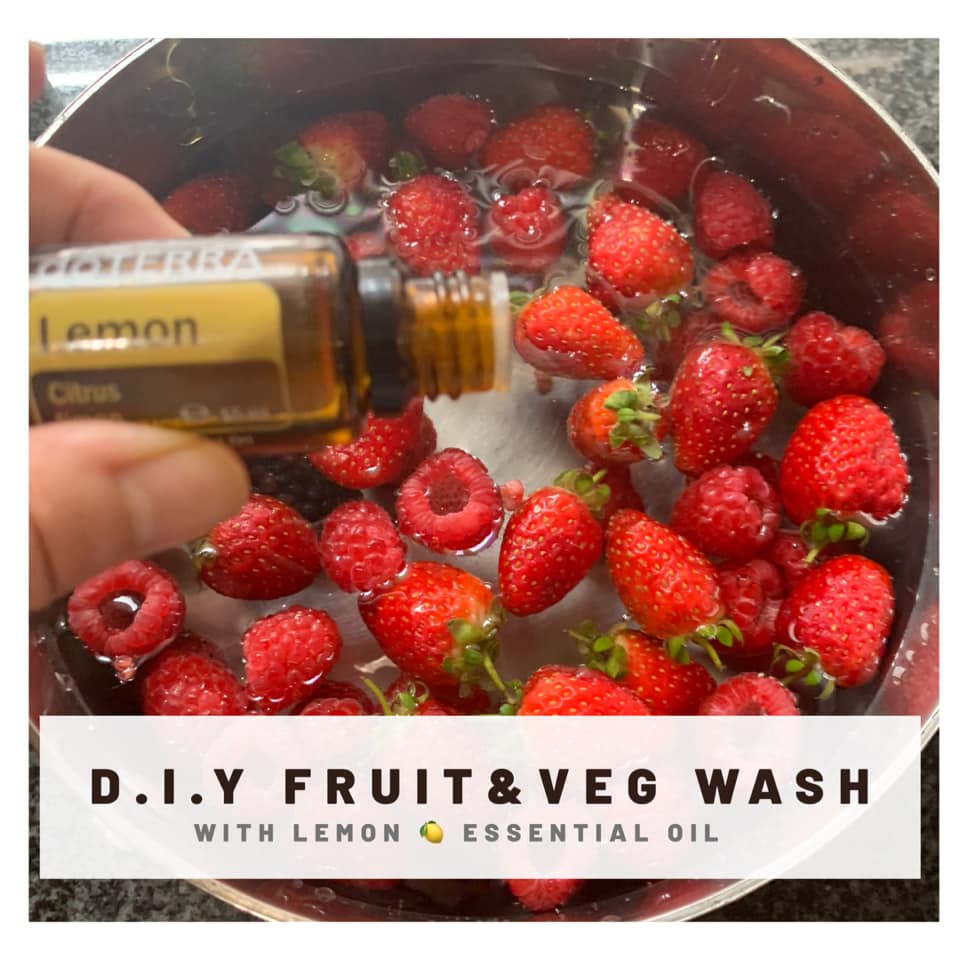
 Lavender has been used and cherished for centuries, the Egyptians and Romans used Lavender for bathing, relaxation, cooking, and as a perfume.
Lavender has been used and cherished for centuries, the Egyptians and Romans used Lavender for bathing, relaxation, cooking, and as a perfume. ed aromatically,
ed aromatically, I also add this to my home cleaning products – has a fabulous fresh smell. No wonder most of the store bought products have lemon fragrance (artificial at best)
I also add this to my home cleaning products – has a fabulous fresh smell. No wonder most of the store bought products have lemon fragrance (artificial at best)

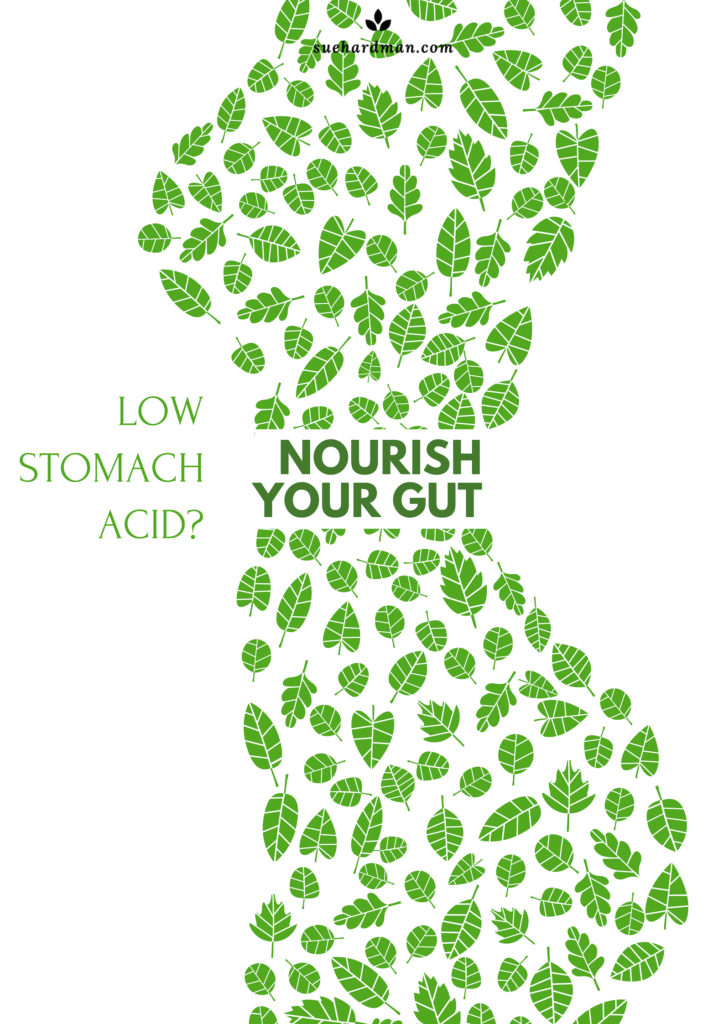







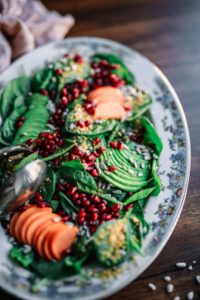
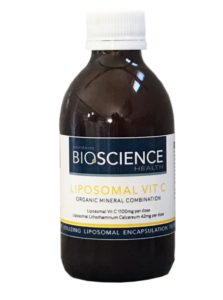
 For so many years, health experts have preached that a low fat diet was the way for you to lose weight and be healthier. They proclaimed fats as your enemy, linking them to heart disease and other illnesses.
For so many years, health experts have preached that a low fat diet was the way for you to lose weight and be healthier. They proclaimed fats as your enemy, linking them to heart disease and other illnesses. skin and hair soft and subtle, lubricate your joints.
skin and hair soft and subtle, lubricate your joints.